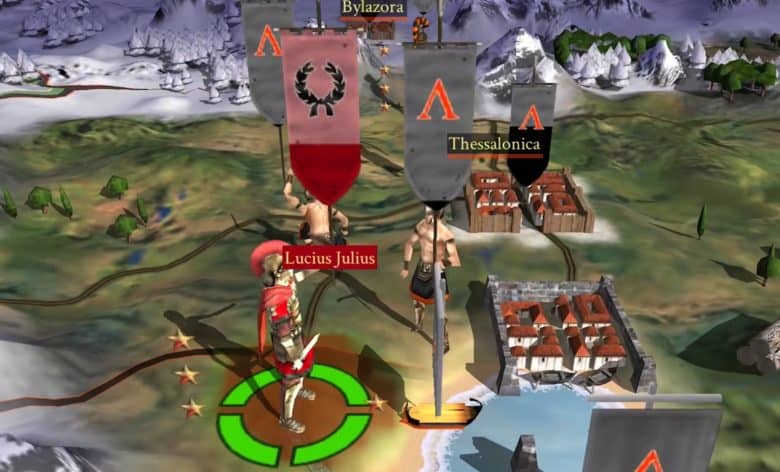
He provides a vivid, detailed account of the effort Romans invested in mass killings and other atrocities, for what purposes, and under what conditions. But in this stimulating book, Baker turns the focus to the legions and their senatorial commanders off the battlefield, who visited horrors upon civilian populations. How did the Roman Republic build Mediterranean dominance? The focus has often been upon the legions on the battlefield and the senate in the curia. Baker’s book presents us with a clear-eyed and unflinching vision of Roman violence. Military histories that gloss over such atrocities not only sanitize Roman war making but misunderstand it. Gabriel Baker provides a grim but important contribution to our understanding of Roman violence: atrocity and massacre were not simply adjacent or ancillary to Roman warfare but rather represented fundamental modalities of Roman military practice, alongside pitched battles and sieges. whole treatment is exceptionally learned, yet aimed at general readers and scholars alike. Nevertheless, it is one crucial to understanding Rome’s rise to power…. The first title devoted to antiquity in the “War and Society” series, Spare No One takes up a grim subject. Casting a fresh light on the strategic use of total war in the ancient world, he reminds us that terror and mass violence could be the rational policies of men and states long before the modern age. He ultimately demonstrates that the atrocities of the twentieth and twenty-first centuries have deep historical precedents. B ringing long-overdue attention to this little-known aspect of Roman history, Baker paints a fuller, albeit darker, picture of Roman warfare. On the contrary-and more troublingly-Roman commanders deliberately used these brutal strategies to achieve their most critical military objectives and political goals.

This powerful book reveals that these violent acts were not normally the handiwork of frenzied soldiers run amok, nor were they spontaneous outbursts of uncontrolled savagery. Indeed, in virtually every war they fought during the third and second centuries BC, the Roman legions killed and enslaved populations, executed prisoners, and put cities to the torch. In Spare No One, Gabriel Baker convincingly shows that mass violence was vital to Roman military operations. Yet these twin destructions were not so extraordinary in the long annals of Roman warfare. It was a display of ruthlessness so terrible that it shocked contemporaries, leaving behind deep scars and palpable historical traumas. In 146 BC, the armies of the Roman Republic destroyed Carthage and Corinth, two of the most spectacular cities of the ancient Mediterranean world.


 0 kommentar(er)
0 kommentar(er)
